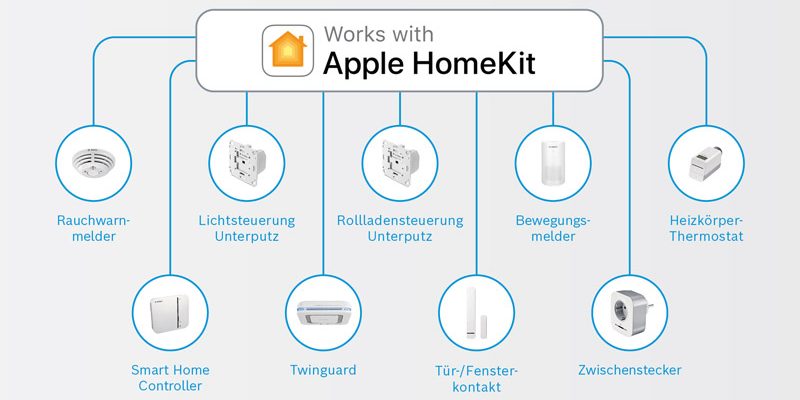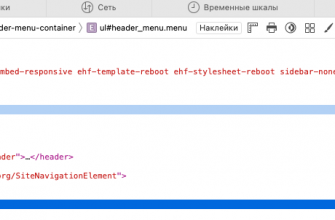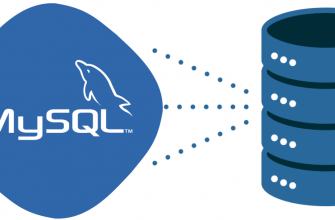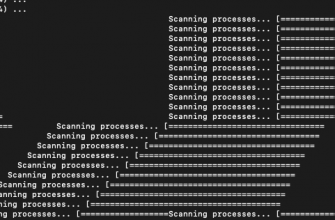Homebridge is a lightweight NodeJS server that emulates Apple’s HomeKit ecosystem, allowing users to integrate non-HomeKit devices. The Raspberry Pi is the perfect low-cost computer for the job. Let’s take a look at how to install Homebridge on Raspberry Pi.

Easy Installation Method How to Install Homebridge on Raspberry Pi
Before starting the installation, you need to download Raspberry Pi Imager. It will allow you to install Homebridge in a few simple steps without knowledge of Raspberry Pi
After installation, open the application and select the desired OS



Next, select the flash drive to which we are recording and press record.

We confirm and wait for the recording to finish.
The hard way
First, let's also run Raspberry Pi Imager and select any version of Raspberry PI OS for installation

We install and insert the flash drive into our Raspberry Pi. We connect the keyboard and mouse. I used 2 in 1 and connect to the network.
Next there are two options for setting up
- Connect with rj45 cable to the router
- Connect raspberry to monitor
Setting up and installing Homebridge on Raspberry PI OS
I connected the Raspberry PI 3 to the monitor, so before activating SSH I did everything without connecting

We do step-by-step configuration according to the recommendations on the screen. Here we create a user under which we can then connect via SSH

After launching Raspberry PI OS, go to the Raspberry PI 3 configuration and enable SSH

We connect the raspberry to Wi-Fi and after that a new device with an IP address will appear in the router

We use this IP to log in via SSH from the computer. And the Raspberry PI can be disconnected from the display
Open the terminal and enter
ssh root@ip-addressIt will ask for a password. Enter it.

Confirm by writing YES
Adding the Homebridge Repository
Add the Homebridge repository GPG key
GPG key (GNU Privacy Guard) is used to verify the authenticity and integrity of packages downloaded from the repository
We enter
curl -sSfL https://repo.homebridge.io/KEY.gpg | sudo gpg --dearmor | sudo tee /usr/share/keyrings/homebridge.gpg > /dev/nullNow add the Homebridge repository to your system sources:
echo "deb [signed-by=/usr/share/keyrings/homebridge.gpg] https://repo.homebridge.io stable main" | sudo tee /etc/apt/sources.list.d/homebridge.list > /dev/nullInstalling Homebridge
Update the repositories:
sudo apt-get updateInstall Homebridge:
sudo apt-get install homebridgeLogin to Homebridge UI
The Homebridge UI web interface allows you to install, remove, and update plugins, as well as modify the Homebridge config.json configuration file and manage other aspects of your Homebridge service.
To enter the web interface, go to http:// :8581.
Now that you have mastered the process of installing and configuring Homebridge on your device, you have a powerful tool for integrating various devices into the Apple HomeKit ecosystem. Using a simple web interface, you can easily adapt and customize the system to your needs, add new plugins and devices. Remember the importance of regularly updating the software to ensure the security and stability of your system. We hope that your home will become even smarter and more convenient with Homebridge. Good luck with experiments and automation!








